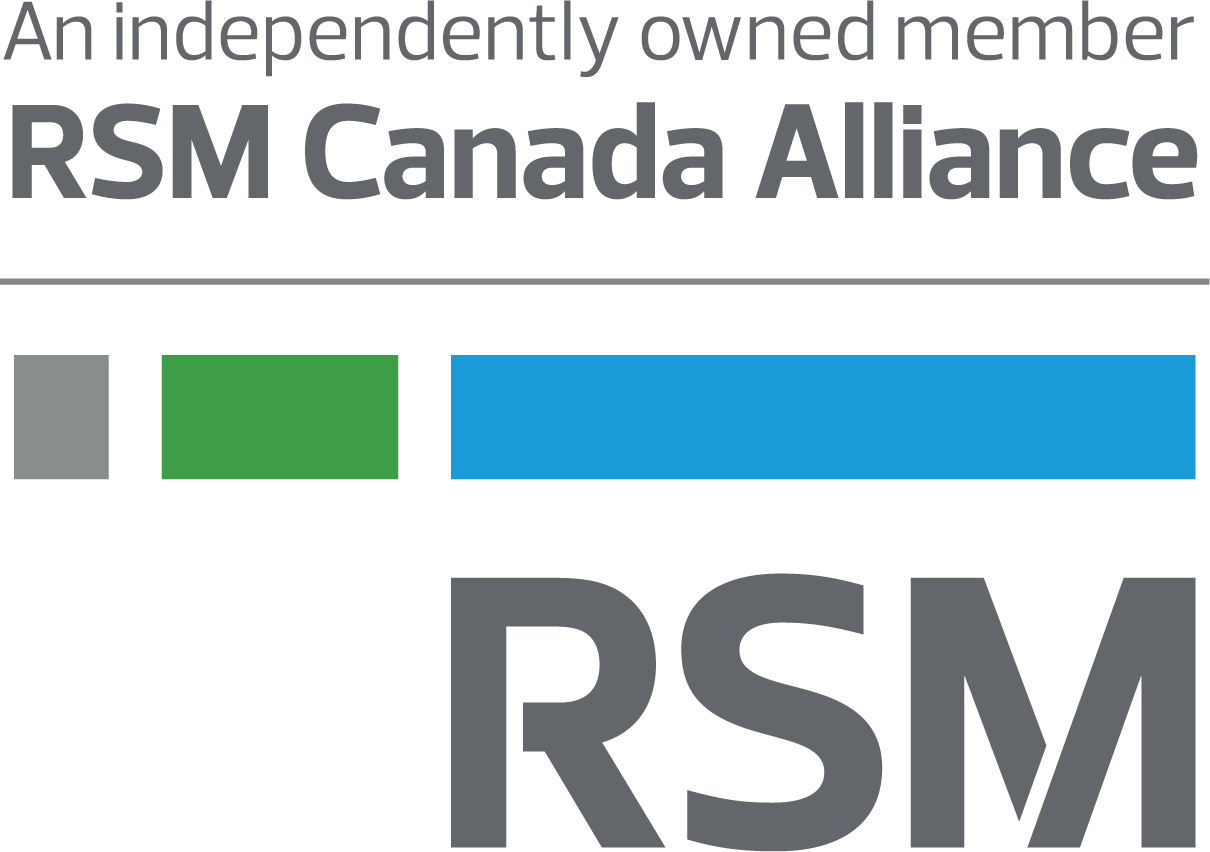OUTLOOK | February 19, 2024
Authored by RSM Canada
In recent months, the oil and gas sector has experienced a remarkable surge in merger and acquisition (M&A) activity, with over $155 billion in deals in the fourth quarter of 2023, according to Bloomberg. That’s more than the prior five quarters combined. Faced with challenging market and economic conditions, oil and gas companies—particularly upstream, midstream and oil field services companies—are poised to continue this consolidation wave into 2024. Middle market companies are especially likely to be involved in this M&A activity, so it is crucial for them to proactively position themselves for strength in this cycle.
Driving factors
From our analysis, we observe multiple factors driving the consolidation wave. Tighter credit conditions and a higher cost of capital, coupled with the strain of lower commodity prices and moderating output forecasts, are exerting increased pressure, particularly on small to midsize companies in the upstream, midstream and oil field services subsectors. These entities will face challenges from larger companies with more scale, efficiency and bargaining power.
Some smaller company valuations have also been discounted compared to larger companies that can leverage scale, concentration and efficiency. Combined with stronger balance sheets from rising profits in recent years, this enhances opportunities for M&A activity in the coming year.
The tempered outlook for production increases in 2024 means that companies aiming to achieve growth targets for output and resources may turn to M&A activity, especially as the inventory for top oil and gas drilling locations is limited.
“The tempered outlook for production increases in 2024 means that companies aiming to achieve growth targets for output and resources may turn to M&A activity, especially as the inventory for top oil and gas drilling locations is limited.”
David Carter, RSM US industrials senior analyst
Additionally, private equity firms may be eyeing opportunities for strategic exits. This may be the case for funds that have held positions nearing their investment horizon and are looking for an exit or want to reallocate capital toward companies that may play a larger role in the energy transition. With increased focus on environmental, social and governance (ESG) initiatives, and traditional oil and gas companies facing some negative sentiment related to their environmental impact, businesses in more environmentally friendly areas such as renewables, hydrogen, carbon capture and storage are becoming bigger competition for funding.
Deals that do occur will require special attention to valuation, as deal types and conditions in the oil and gas ecosystem vary widely. In the last couple of years, we saw companies with atypical spending and contract terms that companies—buyers and sellers alike—will need to analyze and model as part of the valuation for any deal. Further, valuation on carve-out activity for oil and gas assets is often a challenge because financial details for these assets are provided with a myriad of assumptions and limitations.
Evaluating recent deals
To understand the magnitude of the consolidation activity and the drivers for transactions, it’s helpful to evaluate some recent high-profile deals. In the second half of 2023, Pioneer Natural Resources announced it would be acquired by Exxon Mobil Corp. for $59.5 billion, and Hess Corp. announced it would be acquired by Chevron Corp. for $53 billion. Other deals included Crestwood Equity Partner LP’s acquisition by Energy Transfer LP for $7.1 billion, and Denbury Inc.’s acquisition by Exxon for $4.9 billion. The momentum is continuing with two new deals already announced in the first two weeks of 2024.
These transactions underscore the relevance of this activity to the middle market. In companies’ public commentary about the deals, common value drivers discussed across transactions included:
- Increasing the scale of assets/services within given geographies, or expanding into nearby geographies
- Reducing the cost of capital and debt levels
- Increasing operational efficiency
- Accelerating capabilities in the energy transition and/or improving ESG positioning
Business leaders should analyze these transactions and others in the sector to understand themes that may offer valuable insights for their own company strategy and valuation. That analysis can serve middle market companies well whether they are on the buy side or sell side of future transactions.
Looking forward: Strategic positioning
Middle market companies should invest time in evaluating their core asset base, the value that various assets bring based on company strategy, and how changes to that asset base may benefit the company. Acquiring additional assets to scale in existing areas may bring operational synergies. On the other hand, divesting noncore assets not only may streamline a company’s operations, but such assets may also be more valuable to another organization, with a sale providing new capital at a time when the cost of capital is high and access is tight.
In this era of “higher for longer” interest rates, higher capital costs and tighter access to capital, executives must be cautious with capital allocation. Companies that were highly leveraged in prior years using low-cost debt may be especially vulnerable as their debt matures in the coming years, leading to higher interest expense.
In navigating this consolidation wave, energy companies must stay abreast of market trends and news that could influence the value and prospect of potential deals. Proactive analysis and modeling of company assets’ value is imperative, considering the potential impact of consolidation within the broader context of the company’s strategy and road map.
As the industry undergoes these changes, middle market companies that strategically position themselves are likely to not only weather current headwinds but also capitalize on the opportunities that this wave may offer.
Let’s Talk!
Call us at 1-855-206-5697 or fill out the form below and we’ll contact you to discuss your specific situation.
This article was written by David Carter and originally appeared on 2024-02-19 RSM Canada, and is available online at https://rsmcanada.com/insights/industries/energy/navigating-oil-and-gas-consolidation.html.
RSM Canada Alliance provides its members with access to resources of RSM Canada Operations ULC, RSM Canada LLP and certain of their affiliates (“RSM Canada”). RSM Canada Alliance member firms are separate and independent businesses and legal entities that are responsible for their own acts and omissions, and each are separate and independent from RSM Canada. RSM Canada LLP is the Canadian member firm of RSM International, a global network of independent audit, tax and consulting firms. Members of RSM Canada Alliance have access to RSM International resources through RSM Canada but are not member firms of RSM International. Visit rsmcanada.com/aboutus for more information regarding RSM Canada and RSM International. The RSM trademark is used under license by RSM Canada. RSM Canada Alliance products and services are proprietary to RSM Canada.
 |
Virtus Group is a proud member of the RSM Canada Alliance, a premier affiliation of independent accounting and consulting firms across North America. RSM Canada Alliance provides our firm with access to resources of RSM, the leading provider of audit, tax and consulting services focused on the middle market. RSM Canada LLP is a licensed CPA firm and the Canadian member of RSM International, a global network of independent audit, tax and consulting firms with more than 43,000 people in over 120 countries. Our membership in RSM Canada Alliance has elevated our capabilities in the marketplace, helping to differentiate our firm from the competition while allowing us to maintain our independence and entrepreneurial culture. We have access to a valuable peer network of like-sized firms as well as a broad range of tools, expertise, and technical resources. For more information on how the Virtus Group can assist you, please call us at 855-206-5697. |

